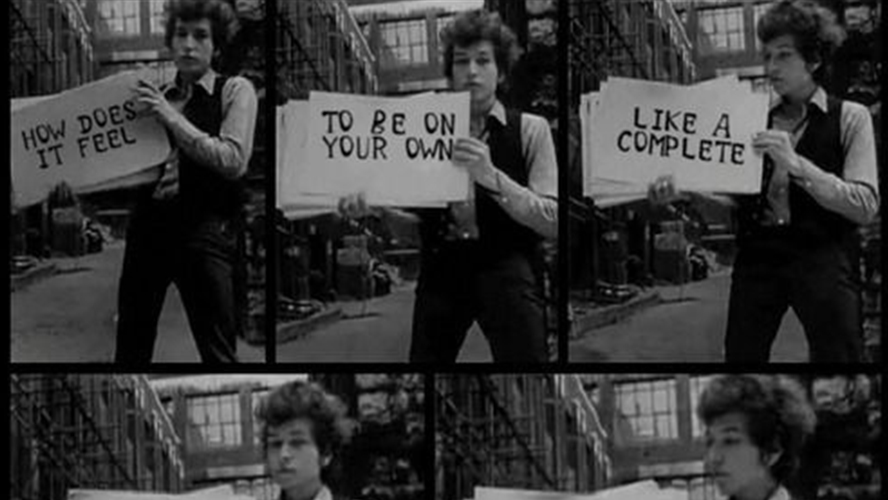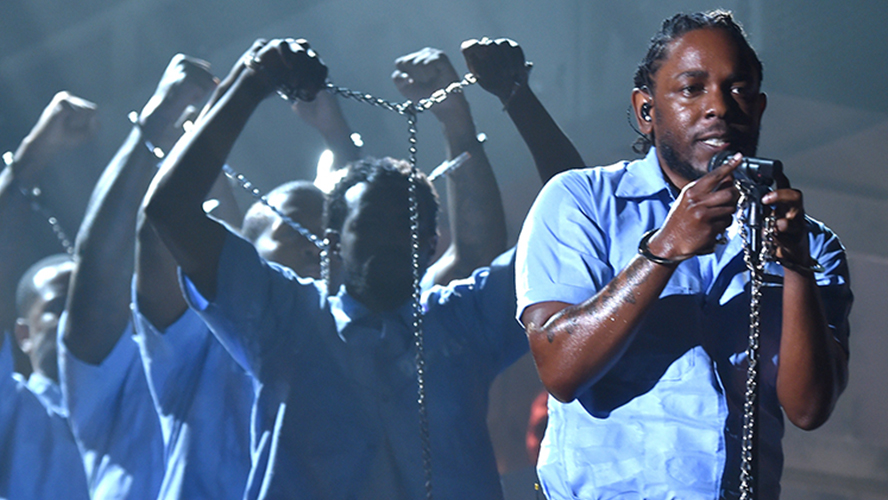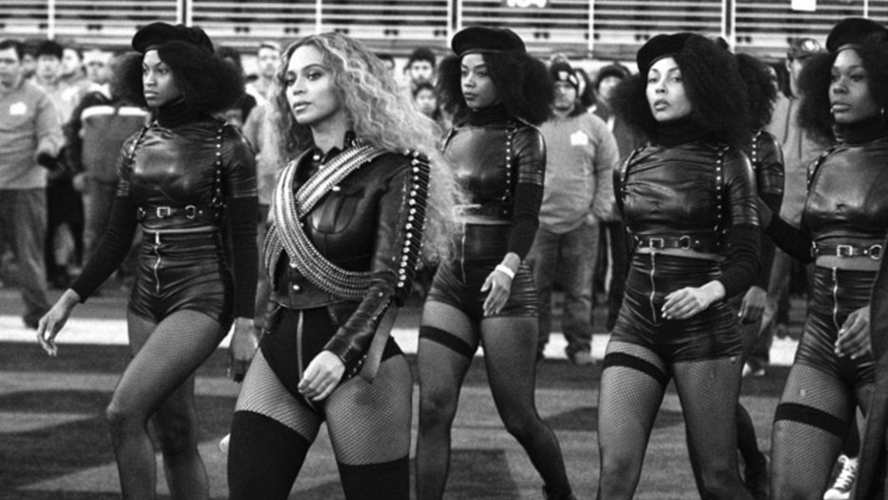
In the spring of 1963, under the shadow of the Vietnam War and just months before Martin Luther King Jr marched on Washington, Bob Dylan released his second album, The Freewheelin’ Bob Dylan.
The record was a revolution. Dylan used his lyrics to do more than mimic a catchy melody. He openly criticise war, the government and even borrowed from African American folk songs in support of civil rights.
Songs like Blowin’ in the Wind, Masters of War and A Hard Rain’s a-Gonna Fall were able to influence a generation with their folksy sound and honest lyrics. By the time the free love movement was in full swing in the late 60s, Bob Dylan’s words were anthems for peace.
Dylan became the voice of a social movement. So who is the modern day Dylan?
The world isn’t any freer from conflict than it was 50 years ago. Wars may have come and gone and come again, the civil rights movement may have transformed into Black Lives Matter, and the women’s movement to Time’s Up, but many of the issues remain the same.
The last year has brought songs like A Tribe Called Quest’s We the People, Eminem’s car park freestyle, and YG and Nipsey Hussle’s FDT (Fuck Donald Trump).
Hip Hop has taken over as the mechanism with which to voice the frustrations this generation is facing. It’s ability to put an emphasis on words, as Dylan’s acoustic sound had, provides it with a powerful impact. The genre itself has become what Dylan was to the world years ago.
Kendrick Lamar, thought to be one of the great modern rappers, often raps about racial injustice and police brutality.

Beyoncé has also brought a voice not only to the BLM movement through her performances, but also to the women’s movement and to black female empowerment in particular. Her Formation lyrics have been plastered on signs at women’s marches around the world.

It’s only fitting that the voices of protest in 2018 are coming from the diverse group of minority artists who make up Hip Hop.
In the 1960s, Bob Dylan was a white man writing in support of civil rights. Today artists from Kendrick to Beyoncé, M.I.A. to Skepta, are writing about their own experiences as a person of colour or as a woman in the world today, making their words that much more powerful.
From Dylan’s 60s folk, to the severe sound of the punks in the 1970s, Hip Hop has become the new music of protest.

Please login to comment.
Comments